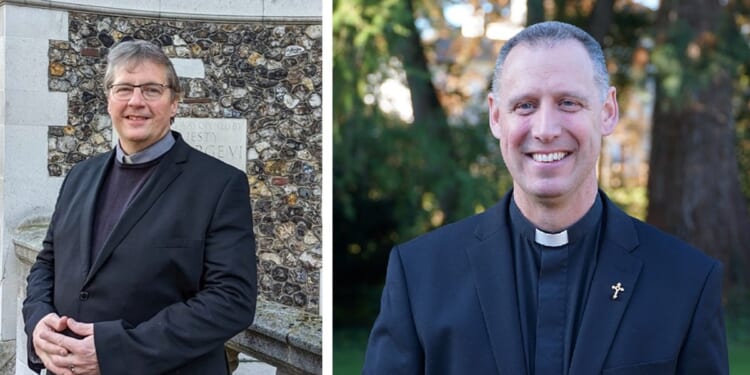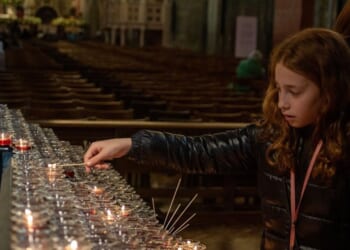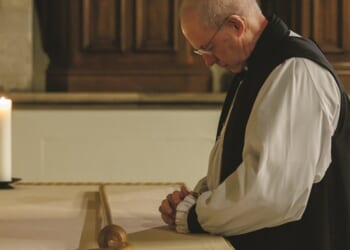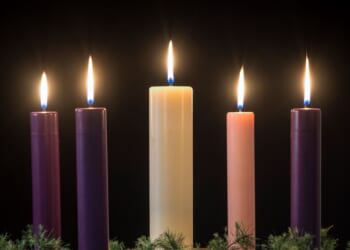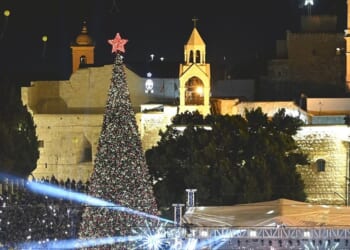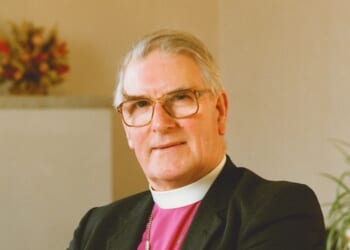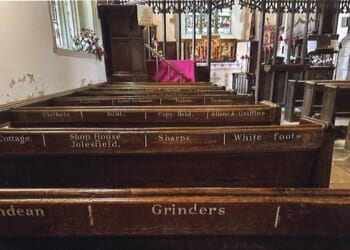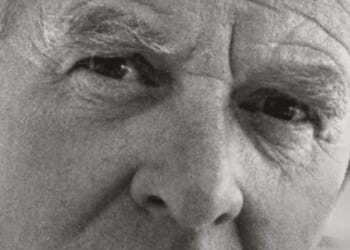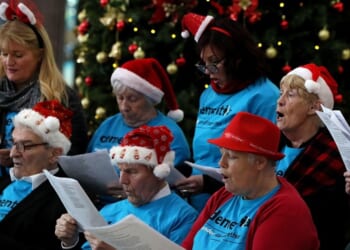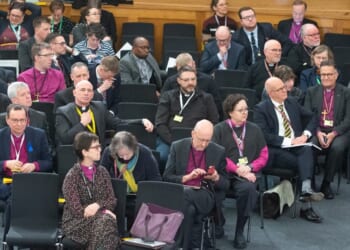THE heavy workloads of the Bishops of Beverley and Ebbsfleet, who provide episcopal ministry to parishes with a conservative stance on the ordination of women, require extra support, an independent review has concluded.
After the retirement of the Bishop of Wakefield, the Rt Revd Tony Robinson, in August last year (News, 12 April 2024), 30 traditionalist Catholic parishes have been added to the workload of the Bishop of Beverley, the Rt Revd Stephen Race. He is the Provincial Episcopal Visitor (PEV) for the Northern Province, and covers 11 dioceses and 140 parishes, across 11,890 square miles. The diocesan average across the Church is 116 parishes across 482 square miles.
The Bishop of Ebbsfleet, the Rt Revd Rob Munro, covers the entire Church of England as the Bishop to conservative Evangelical parishes. In the year to September 2024, he provided advice and support to 44 churches in addition to ministering to the 152 with active resolutions under the Measure.
A review carried out by the Independent Reviewer, Maggie Swinson, published on Tuesday, was prompted by concerns raised by both the Bishop of Blackburn, the Rt Revd Philip North, and the Dioceses Commission. The Independent Reviewer rules on concerns and disputes over the operation of the House of Bishops Declaration that accompanied the women-bishops Measure.
In a letter sent in February, Bishop North questioned the episcopal capacity available to Resolution parishes in the Northern Province, and the impact on both Bishop Race and the parishes under his care. He cited paragraph 16 of the Declaration, which expresses a commitment to all parishes’ receiving “broadly comparable and consistent arrangements”, wherever they are situated. There was an inequity with the Southern Province, he argued.
His concerns were echoed in a letter to Ms Swinson from Dame Caroline Spelman, who chairs the Dioceses Commission, sent in March. This had raised a specific concern that Bishop Munro’s workload was unsustainable owing to both the number of parishes under his care and their geographical spread.
Bishop Munro told Ms Swinson that many parishes were experiencing “strained relationships” with local churches and the wider Church in the wake of the introduction of the Prayers of Love and Faith. Some congregations had left or were considering leaving the Church. Some had recently chosen to pass resolutions under the Declaration out of a desire to protect their complementarian Evangelical position.
The Makin report and other safeguarding issues had had a particular impact on Evangelical churches, highlighting a “disconnect” with diocesan systems, he said.
Ms Swinson concluded that Bishop Race’s ministry was no longer comparable with the PEVs in the Southern Province; and, therefore, the commitment in paragraph 16 was not being met.
She recommended that part-time provision be secured for the Northern Province: a male bishop who was a member of a diocesan House of Bishops. Ms Swinson said that meeting this requirement could be “challenging”, given that retired bishops were not usually members of the House, and there was no precedent for part-time area or suffragan sees. As an interim measure, administrative or other support should be provided, she said.
Bishop Munro’s ministry was “unsustainable in the medium and long term”, she said. The increase in necessary travel and time away from home was “potentially prejudicial” to his well-being and some “deputisable support” should be put in place (again, a male bishop who was a serving member of a diocesan House of Bishops).
As bishops for the whole Church, those holding special portfolios — such as the PEVs and the Bishop of Ebbsfleet — should be “contributing to the national and diocesan life” of the Church, Ms Swinson said. They had spoken during the review of their “lack of capacity to contribute to the wider thinking” of the Church.

